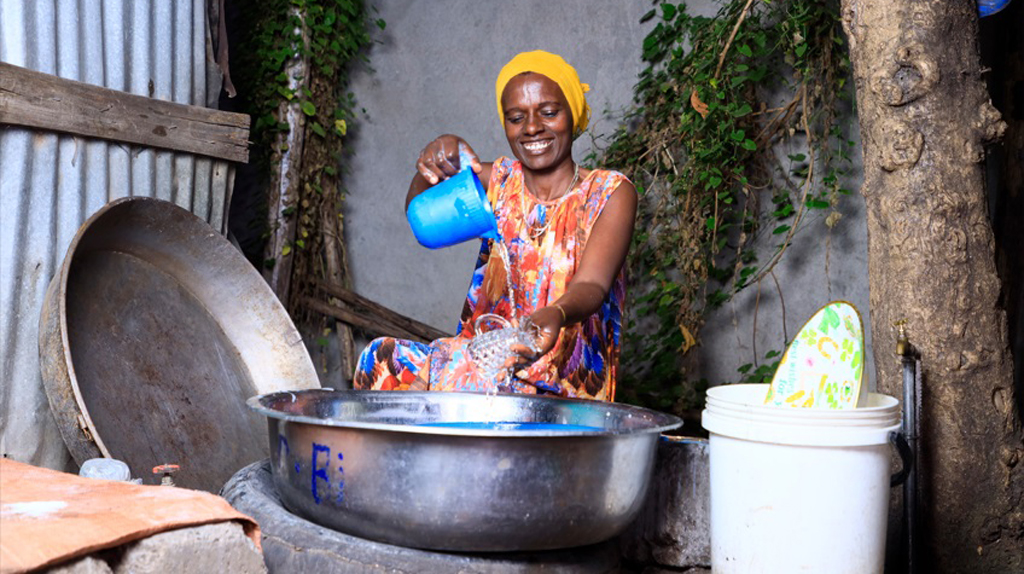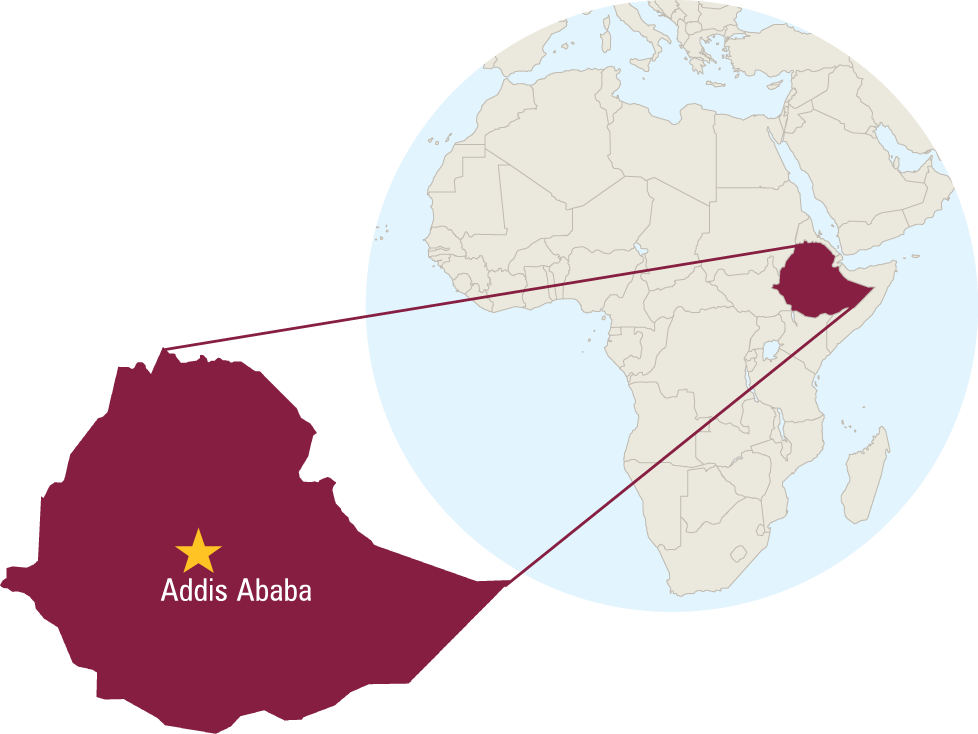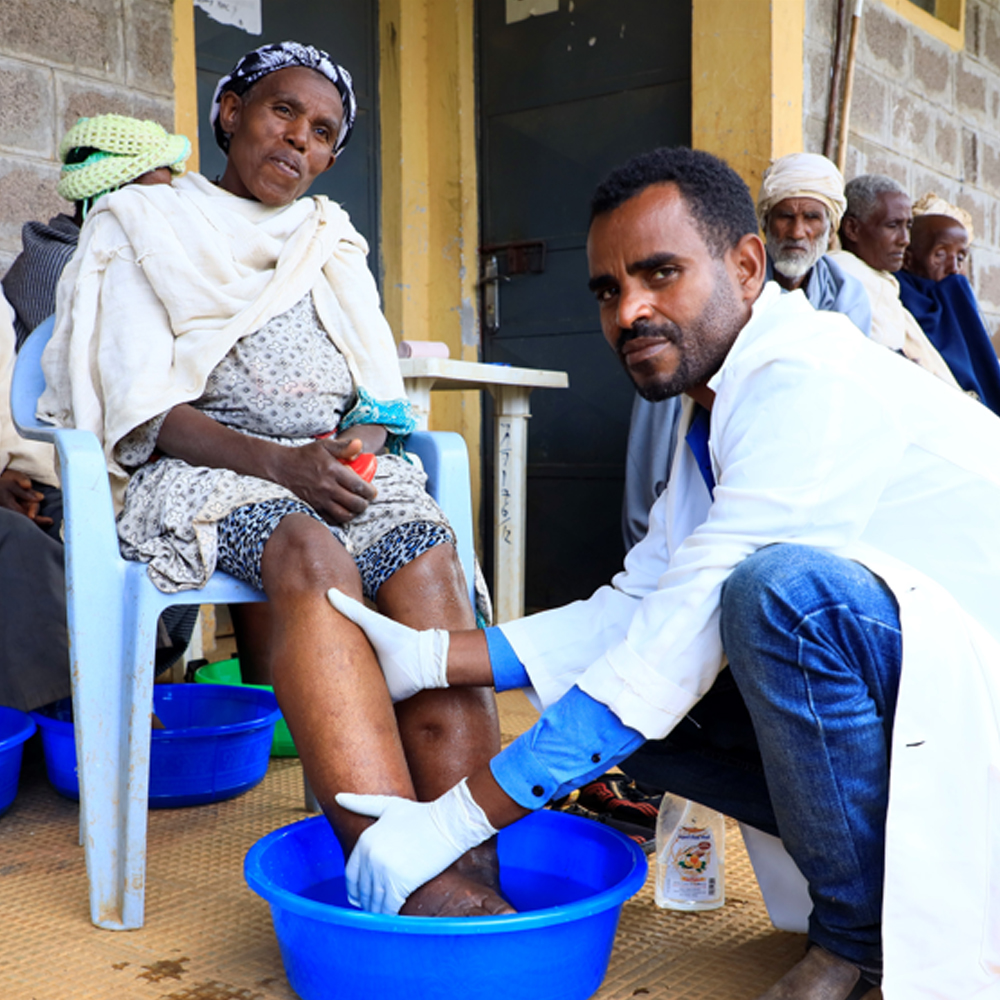
IOCC has been active in Ethiopia since 2003, serving in the Tigray and Amhara regions and treating and educating Ethiopians as they combat the debilitating neglected disease podoconiosis.
During the past two years, IOCC has expanded programs to serve more people amid the effects of conflict, a five-year drought, the pandemic, and a once-in-a-decade locust infestation. Worst affected are households that were already struggling before these disasters hit.
Health and nutrition support for mothers and children—including malnutrition screening, diagnosis, and treatment—and emergency food support for families in need have been key to helping people survive and recover. IOCC has also improved access to safe, clean water for thousands of people in rural areas, supporting better health and overall quality of life.
In rural Ethiopia, subsistence farming is the most common way to survive, and smallholder farmers have been especially hard hit by ruined crops and spiking food prices. IOCC has helped affected households get the food they needed to feed their families in the short term, while also supplying seeds and training to support successful new crops.





